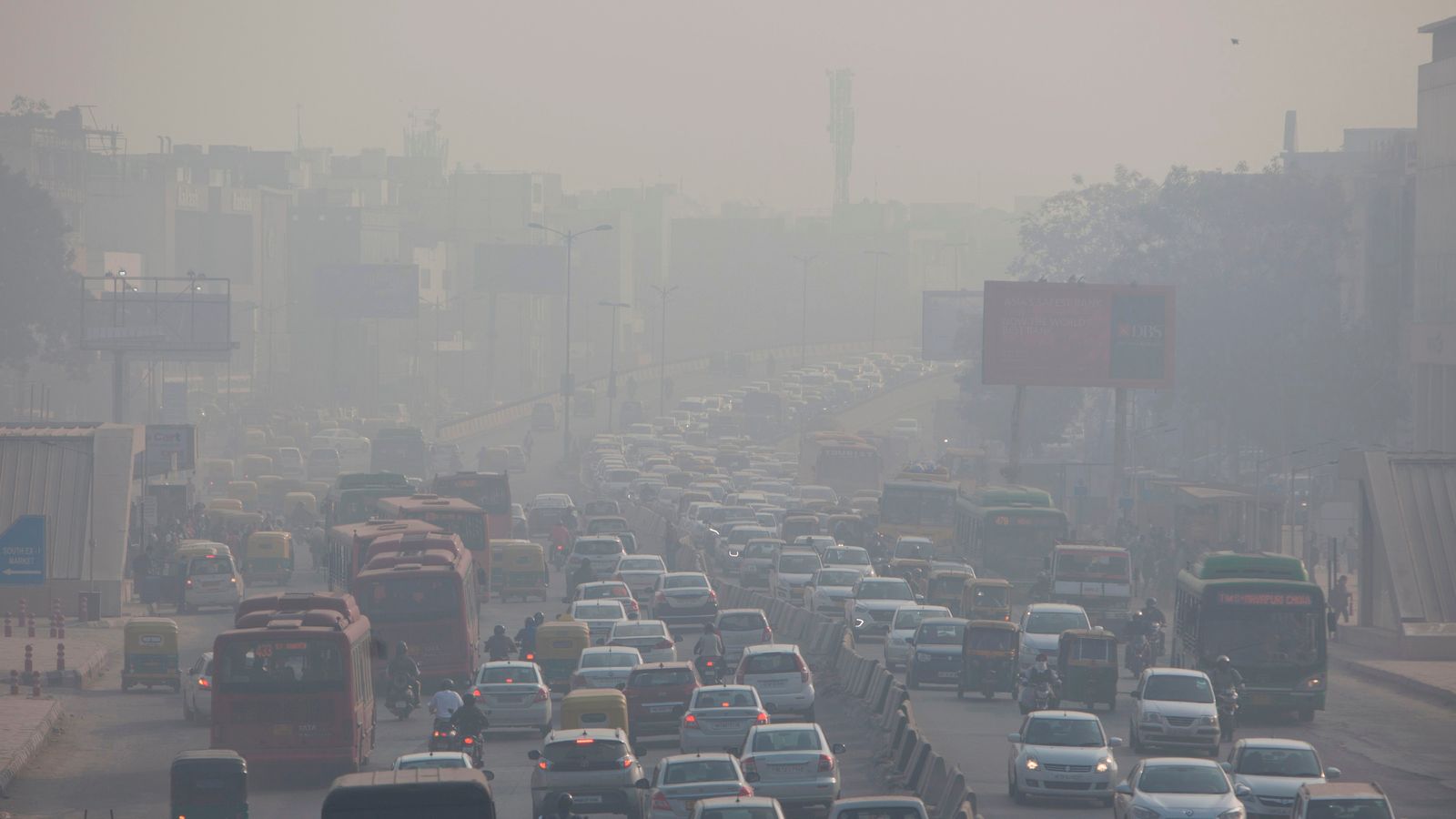As severe air pollution envelops major cities in Pakistan and India, a smog-affected province in eastern Pakistan has made an unprecedented call for collaboration with India. Punjab, Pakistan’s most populous province with 127 million residents, is reaching out to the Indian government to discuss solutions for the escalating air quality crisis that threatens the health of millions.
Urgent Need for Dialogue
Punjab’s Secretary for Environment and Climate Change, Raja Jahangir Anwar, expressed the need for “climate diplomacy” during an interview with CNN. “We need to address this as a regional and global issue,” he emphasized. This plea comes just days after Lahore, Punjab’s largest city, recorded its highest levels of air pollution to date.
Anwar noted that the pollution crisis is exacerbated by the eastern wind corridor carrying pollutants from India into Pakistan. “We are not blaming anyone; it’s a natural phenomenon,” he explained.
The Pollution Crisis
Each winter, pollution levels soar in northern India and eastern Pakistan, resulting in a yellow haze caused by factors such as agricultural waste burning, coal-fired power plants, and stagnant air. Recent data revealed that Lahore’s air quality index reached a staggering 1,900, which is more than six times the hazardous threshold.
In response, Lahore authorities have temporarily closed primary schools and imposed restrictions on barbecue restaurants, motorcycle rickshaws, and construction activities to mitigate health risks.
Shared Responsibility
Air quality in Delhi, often competing with Lahore for the title of the world’s most polluted city, also hit alarming levels above 500 due to the aftermath of Diwali celebrations. The combination of air pollution and disregarded local regulations has led to severe health risks, including increased incidences of lung cancer, stroke, and heart disease, as reported by the World Health Organization.
“This is not just a political issue; this is a humanitarian issue,” stated Punjab’s Chief Minister, Maryam Nawaz. “The winds don’t recognize borders.”
Winter Challenges and Agricultural Practices
The winter season amplifies pollution as colder air traps contaminants. Additionally, this period marks the beginning of stubble burning season, when farmers burn crop residues to clear fields, contributing to the smog crisis. Despite efforts to curb this practice, it remains widespread.
Last month, India’s Supreme Court criticized local governments for failing to address illegal stubble burning. Meanwhile, Punjab, Pakistan, is introducing subsidized super-seeders to encourage farmers to adopt more environmentally friendly residue disposal methods.


